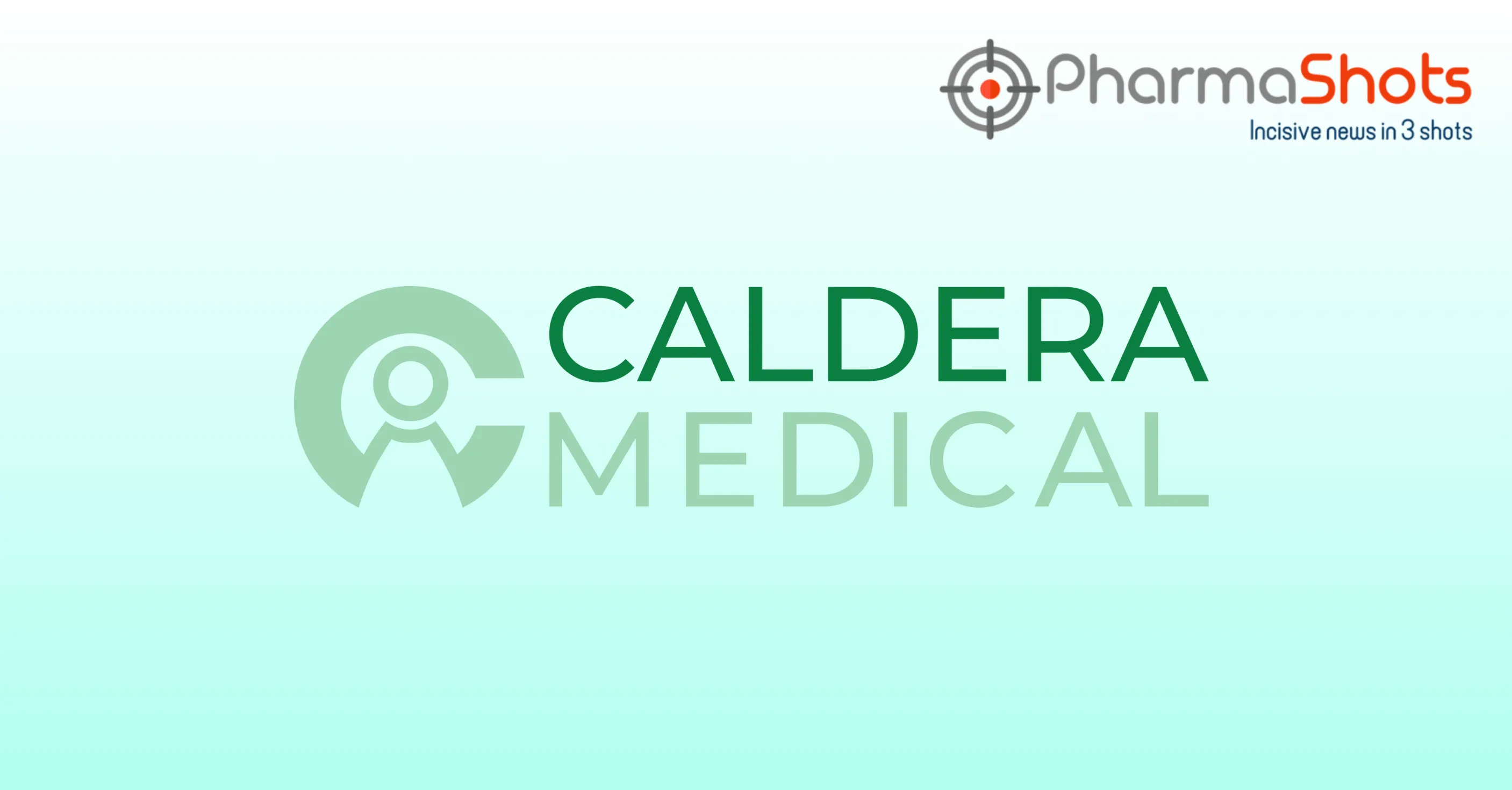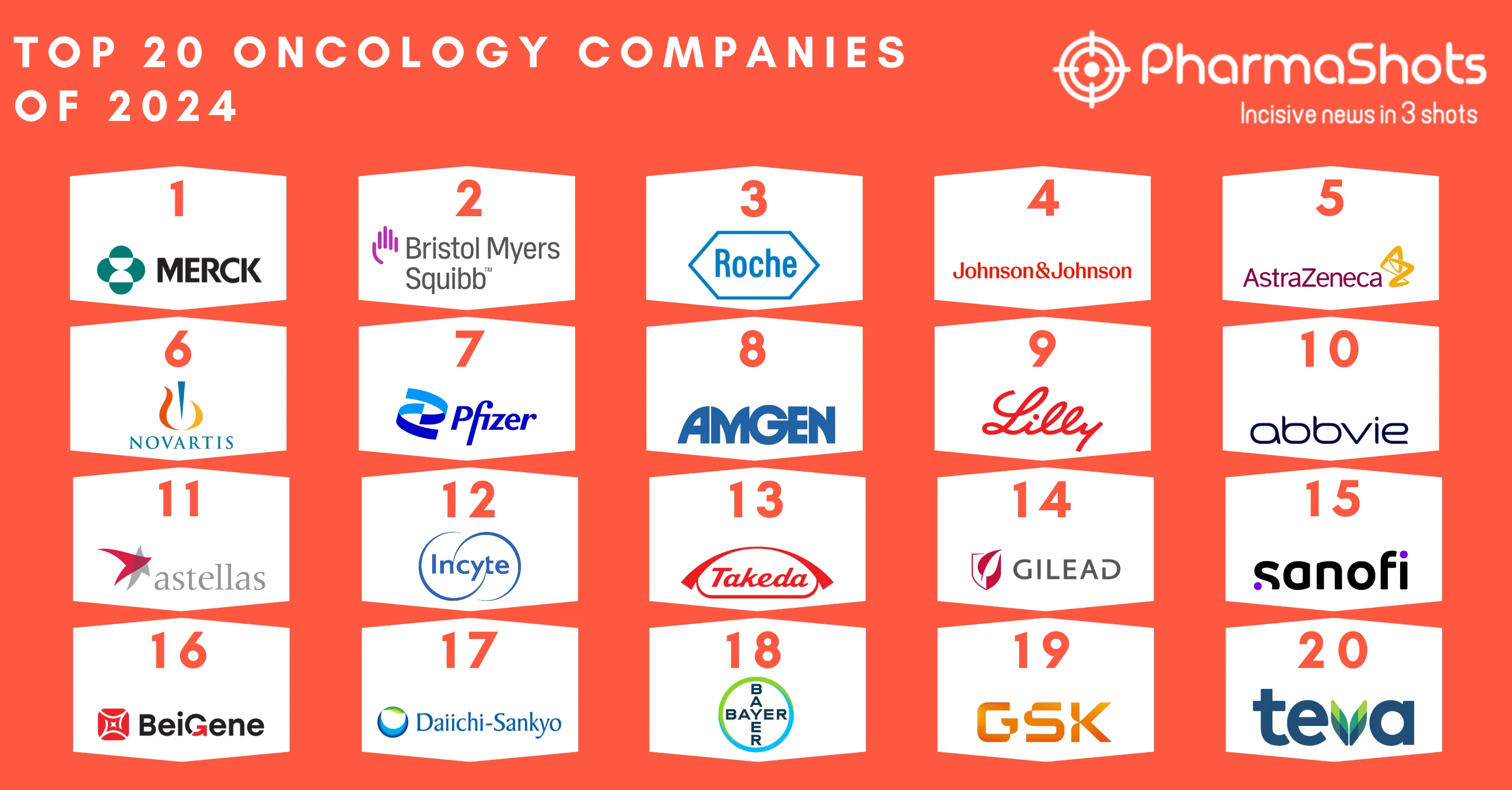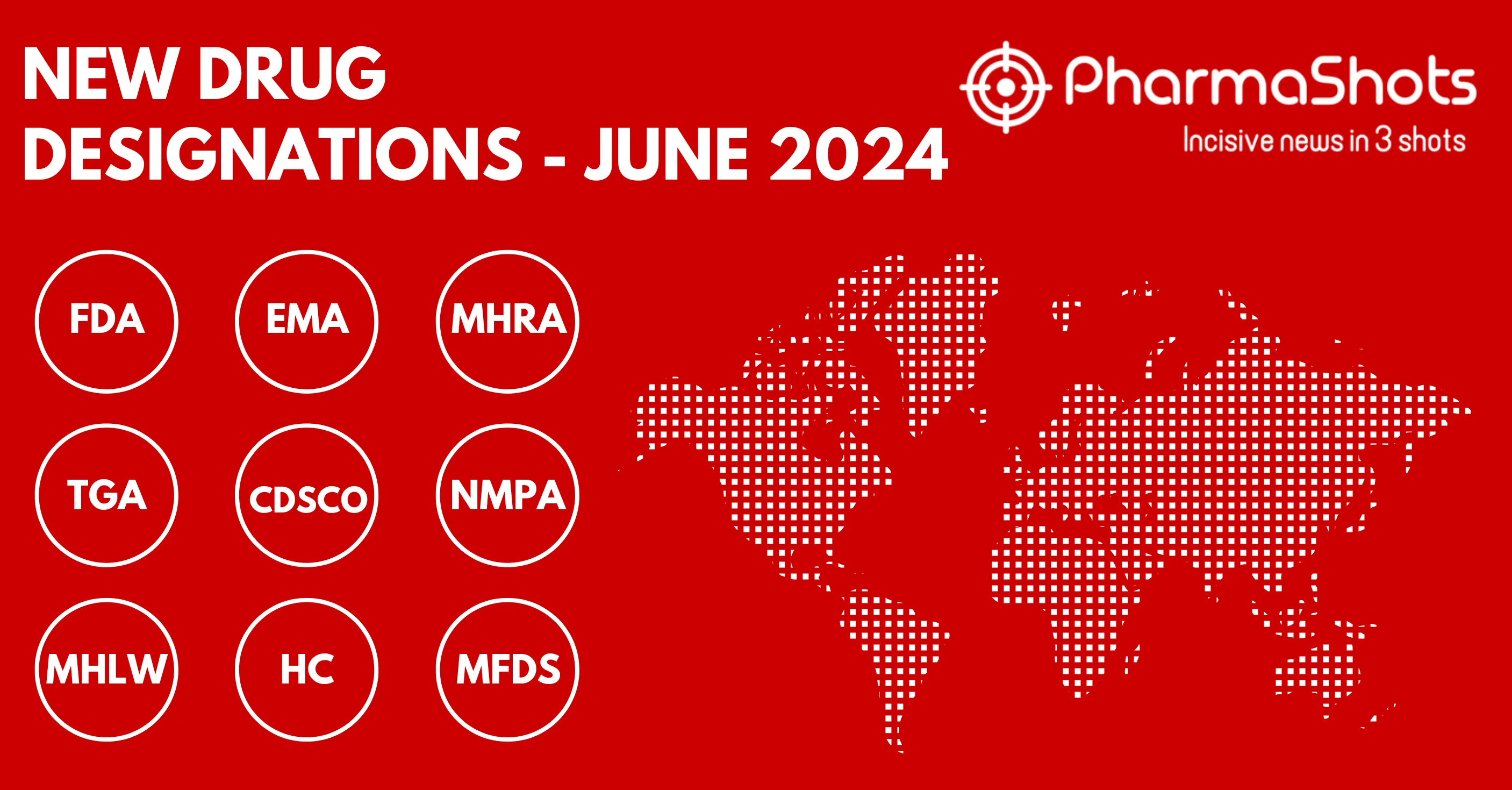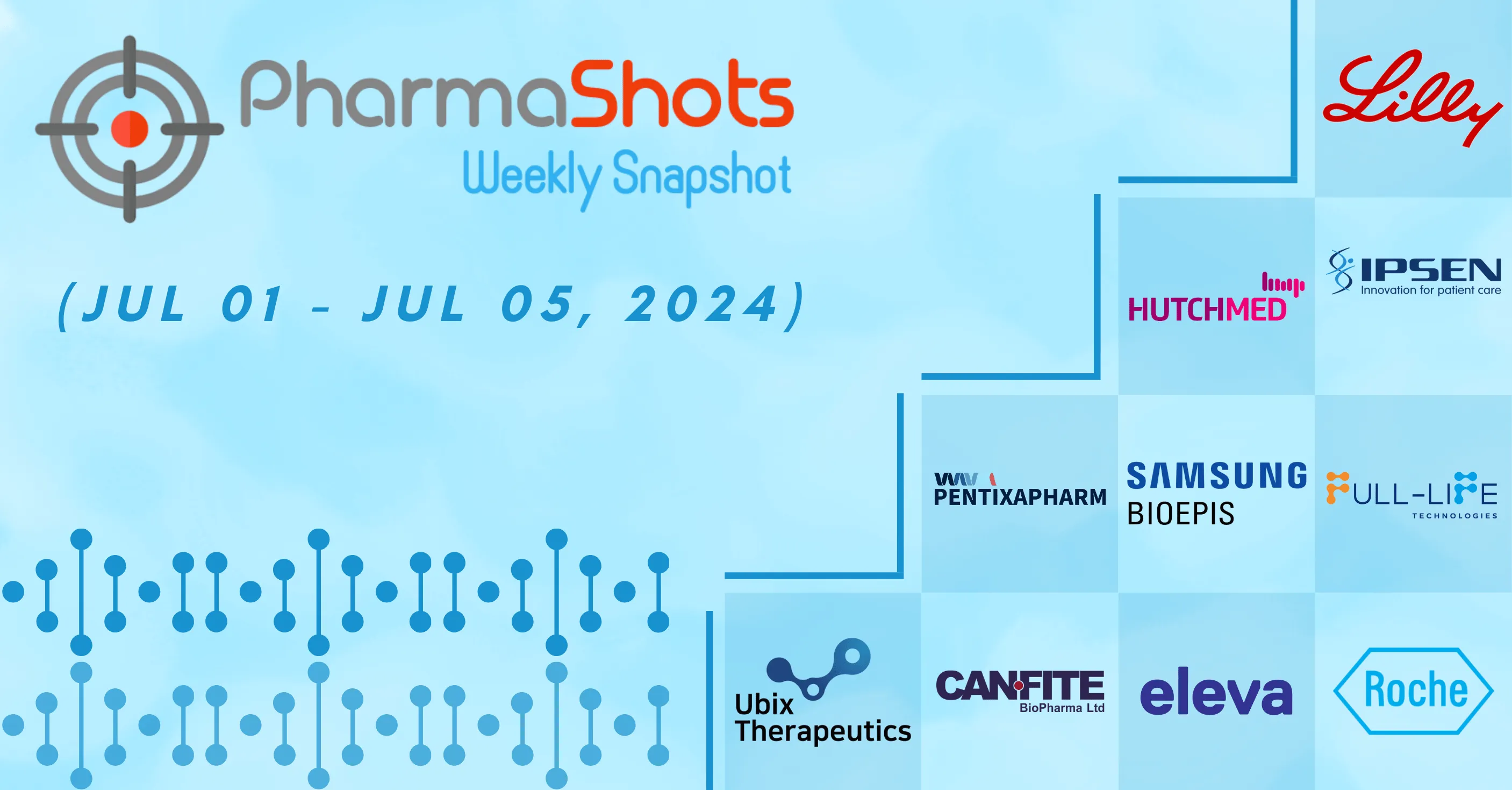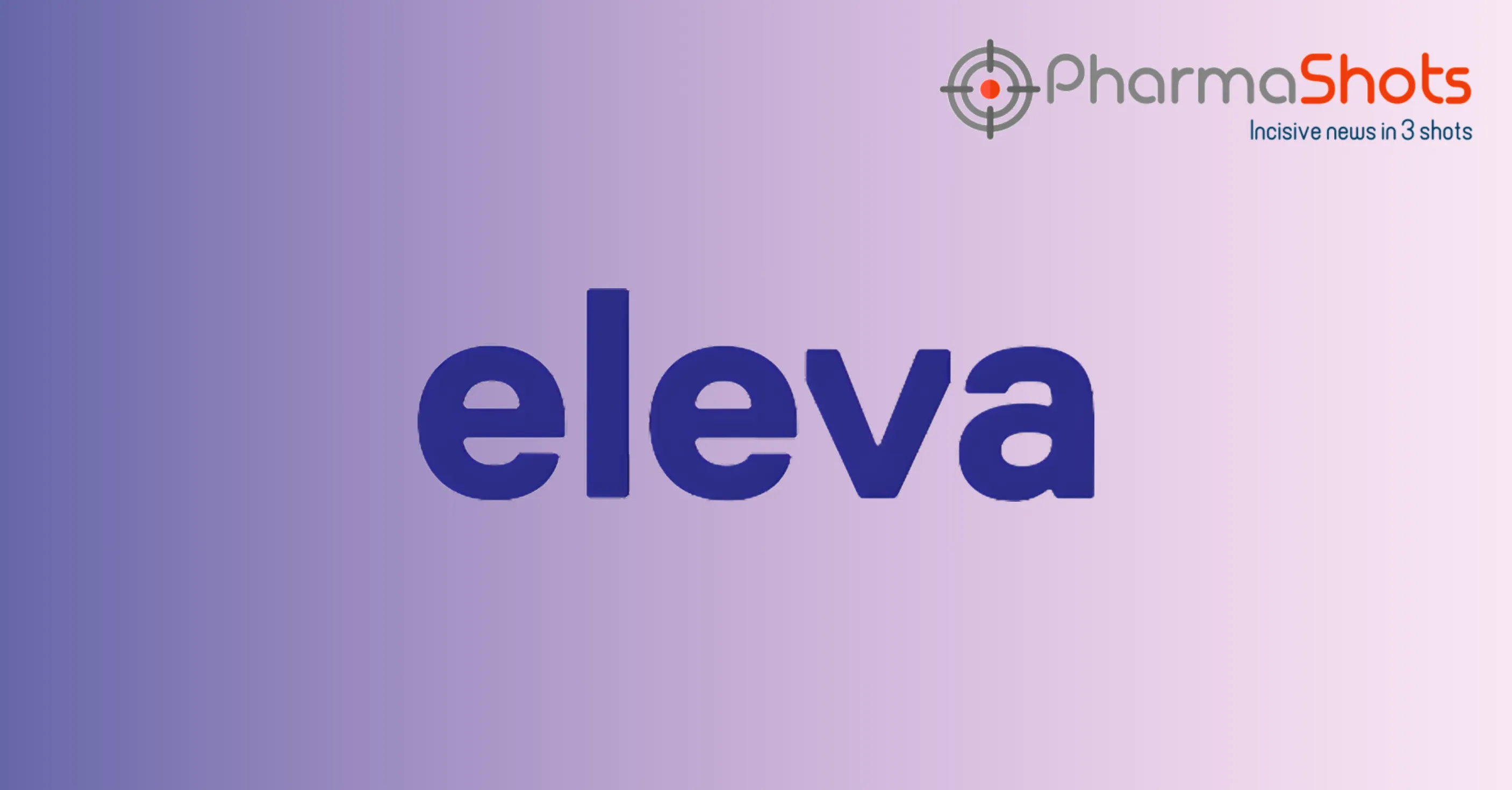
Neurological Clinical Trial Trends Under Pandemic and Changing Geopolitics
It has been quite evident that the trends in the number of clinical trials associated with neurological conditions have experienced many alterations over the past 8 years (2015-2022). Through our analysis, we came across, that the number of studies increased at a moderate rate between 2015-2019 until it suffered a significant dip in 2020 due to the global COVID-19 pandemic. However, the post-pandemic stress followed by the Ukraine-Russia war led to a sudden upsurge in the number of clinical trials in 2021 which is expected to further increase by the end of 2022 and thereafter.

The number of studies gradually increased by the rate of 7.56% from 2015 up till 2019 due to less focus on mental health conditions. But the sudden emergence of the pandemic and the changing geopolitics (like the Ukraine-Russia War) had a drastic effect on people’s mental health globally. The negative impact of these situations can be clearly witnessed in the graph with the rate being increase by 2.99% in only two years from 2020-2022* (* till mid-October 2022)
COVID-19 had a significant impact on people's lives and has affected the day-to-day life of every individual in some way or the other. Not only has it affected the basic lives of individuals, but it has also shown a great impact on clinical trial trends. One major reason for the decline in the number of clinical trials in 2020 was due to a series of restrictions imposed to avoid close contact among individuals. People were discouraged from gathering in groups and attending mass congregations which made it difficult for investigators to conduct clinical trials. The pandemic negatively affected the ongoing clinical trials, protocol adherence, clinical trial operations, and data collection necessary for clinical studies. Therefore, today the clinical trial industry is leaning more toward telemedicine and electronic consultations.
On the contrary, the number of clinical trials evaluating therapies for the treatment of Neurological conditions increased gradually from 2020 to 2022. One of the major explanations for the increasing trend is attributed to the complete lockdown faced by people for almost a year which resulted in unprecedented stress. Additionally, the Ukraine-Russia war was outstruck as the largest and fastest-growing humanitarian emergency ever since WWII. There were more neurological cases as a result of the war's widespread mental instability among people in Russia and Ukraine. Both the events constrained people from work, seeking support for or from their loved ones, and restricted community engagement.
Other stressors that contributed to the increase in mental health disorders were:
- Fear of getting infected
- Worrying about how long will the pandemic/war last
- The effect of the pandemic/war on individuals’ jobs
- Financial stress
- Grievance from the deaths of their loved ones
- Thinking about the future post-pandemic/war
The war had not only impacted individuals but also affected the ongoing clinical trials across both Ukraine and Russia. The clinical trials within the country were terminated whereas patients belonging to these countries were dropped from non-critical studies outside the two countries for the safety of these individuals. As Ukraine and Russia are alleviating from the impact of this combat, the clinical trial studies are also heading towards recovery as many studies are enrolling patients locally. Additionally, new studies have also been initiated over the past few months across the two countries adding to the increasing number of clinical trials studies in 2022.
Research also states that the occurrence of PTSD, Insomnia, Obsessive-Compulsive (OC) symptoms, and Anxiety in COVID patients and people suffered due to war.
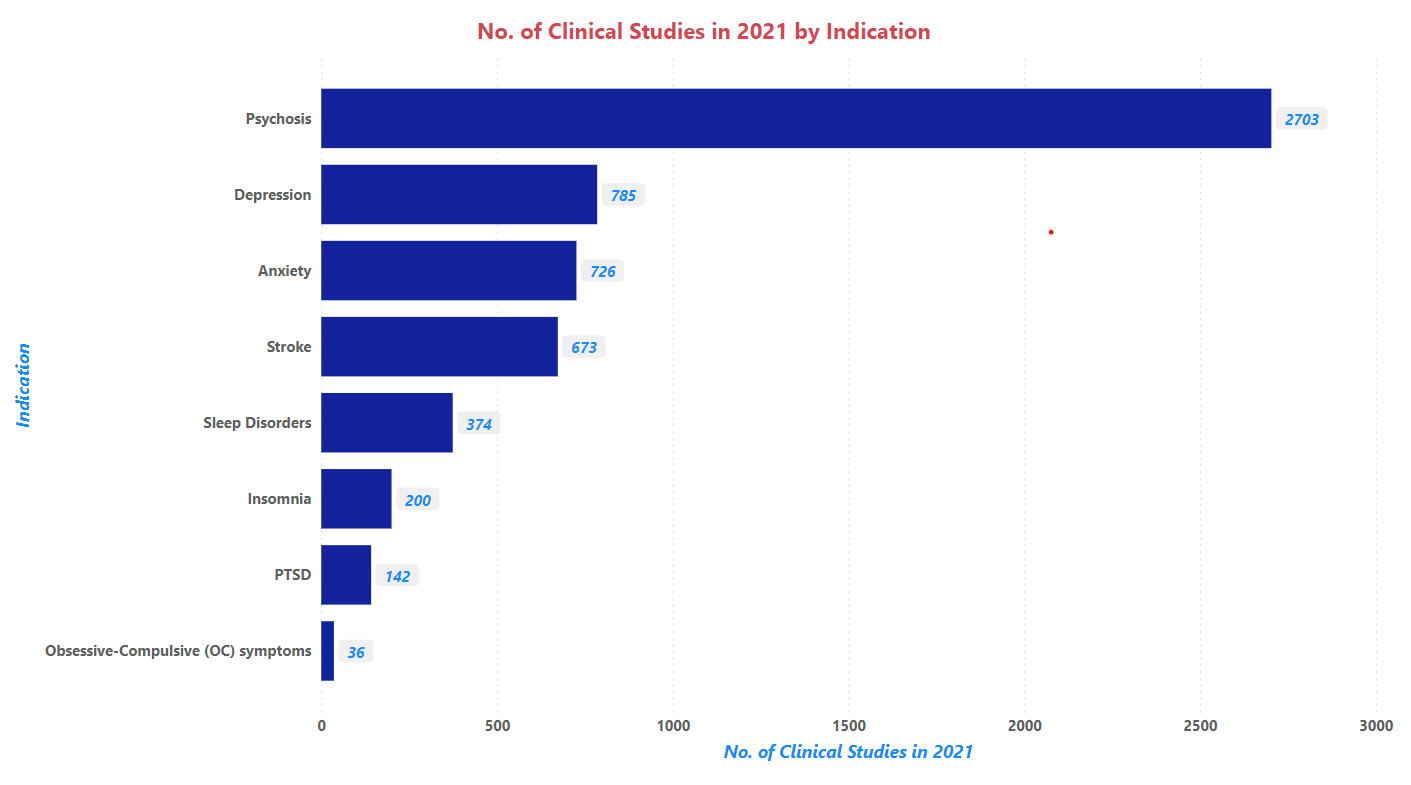
Thereby, to conclude, it was evidently seen that the global pandemic and the Ukraine-Russia war had led to the increased attention of the clinical trial industry towards neurological disorders with 16,904 registered trials in 2020 and 20,293 in 2021. According to the trend, it is expected that the number of clinical trial registrations for the evaluation of neurological conditions will experience a surge by the end of 2022.
*Disclaimer- We have covered these major neurological indications: Addiction; Alzheimer’s; Amyotrophic lateral sclerosis (ALS); Anesthesia; Anxiety; Ataxia; Attention deficit hyperactivity disorder (ADHD); Autism; Bipolar disorder; Cataplexy; Central nervous system (CNS) disorders; Cerebral palsy; Childhood behavioural disorders; Chronic fatigue syndrome (CFS); Chronic inflammatory demyelinating polyradiculoneuropathy; Cognitive dysfunction; Convulsions; Depression; Diabetic neuropathy; Diaschisis; Dura mater repair; Emotional lability; Encephalopathy; Epilepsy; Essential tremor; Excessive sleepiness; Fatigue; Fragile X syndrome; Frontotemporal dementia; Guillain-Barre syndrome (GBS); Huntington's disease (HD); Hyperkinetic movement disorder; Insomnia; Lennox-Gastaut syndrome; Leukodystrophy; Mania; Migraine; Motion sickness; Narcolepsy; Nerve damage; Neuralgia; Neuroinflammation; Neurologic (General); Neuropathy; Obsessive compulsive disorder (OCD); Pain; Panic; Parkinson's disease (PD); Phobia; Post-traumatic stress disorder; Progressive supranuclear palsy (PSP); Psychosis; Restless legs syndrome (RLS); Rett syndrome; Schizophrenia; Seizures; Sleep apnea; Sleep disorders (General); Spasm; Speech disorder; Spinal cord injury (SCI); Spinal muscular atrophy (SMA); Stroke; Tourette's syndrome
Tags

Shivani was a content writer at PharmaShots. She has a keen interest in recent innovations in the life sciences industry. She was covering news related to Product approvals, clinical trial results, and updates. We can be contacted at connect@pharmashots.com.





